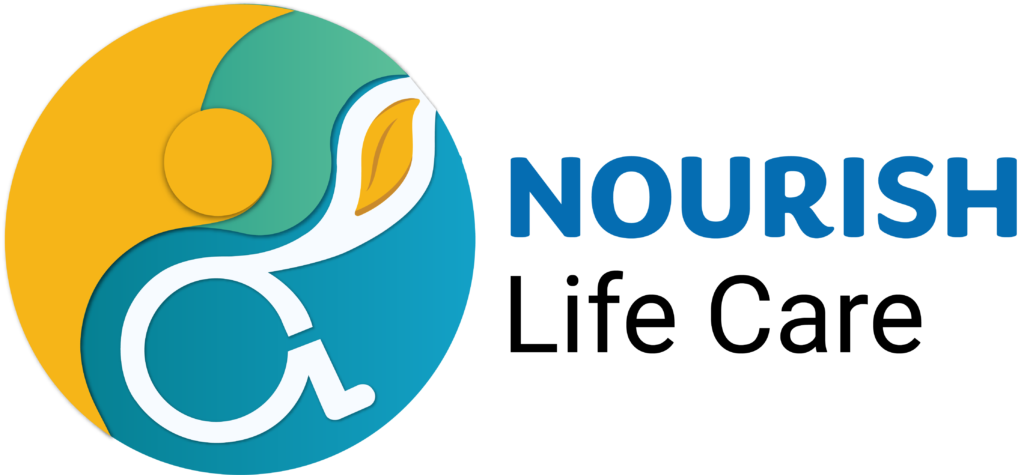
- Adaptive Physical Activity Regular physical activity, customized to individual abilities, plays a key role in improving strength, flexibility, and cardiovascular health. Activities like swimming, adaptive yoga, or wheelchair sports offer enjoyable ways to boost fitness and energy levels.
- Balanced Nutrition Good nutrition is the foundation of physical well-being. A balanced diet can address specific health needs, helping individuals to maintain optimal energy and resilience.
- Mental Health Practices Mental wellness is equally important. Mindfulness practices, hobbies, and social activities that bring joy and satisfaction can nurture mental health. Access to mental health services, such as counseling or therapy, provides crucial support for managing stress, anxiety, and depression.
- Regular Medical Check-ups Consistent medical check-ups allow individuals to monitor their health, address issues early, and improve quality of life.
- Advocacy and Accessibility Advocacy for accessible healthcare services ensures that people with disabilities receive accommodations that meet their unique needs. Community programs and inclusive health education foster a sense of belonging and empowerment.
- Social Connections Building a network of supportive social connections can enhance emotional resilience, boost mental health, and promote an inclusive, fulfilling lifestyle.
Navigating Your NDIS Plan: Tips for Success Understanding and maximizing your NDIS plan is key to accessing essential support. Here’s how to make the most of your NDIS plan:
- Understand Your Plan in Detail: Review your plan thoroughly, paying attention to the details of each support category and the funding allocated to your specific goals.
- Define Clear Goals: Your NDIS plan is structured around your personal goals. Setting specific and achievable goals helps focus your resources and measure progress.
- Engage with Your Planner or LAC: Regular communication with your NDIS planner or Local Area Coordinator (LAC) can help you navigate any questions, make adjustments, and ensure that your plan aligns with your evolving needs.
“In a world that often feels too big to navigate, it’s the little moments of kindness that create the biggest impact. A simple gesture, a smile, or a helping hand can ripple out, touching lives far beyond what we can see. These small acts of compassion have the power to change perspectives.” — Robert Vibes




